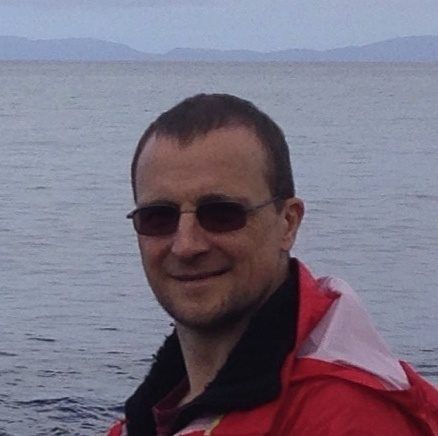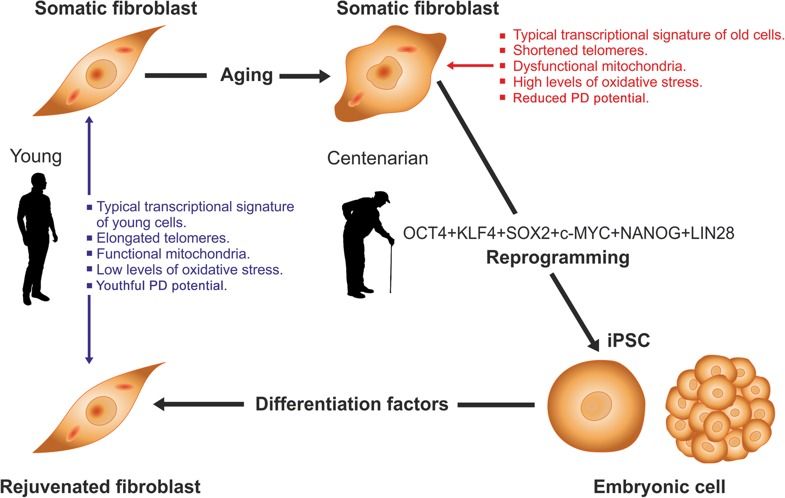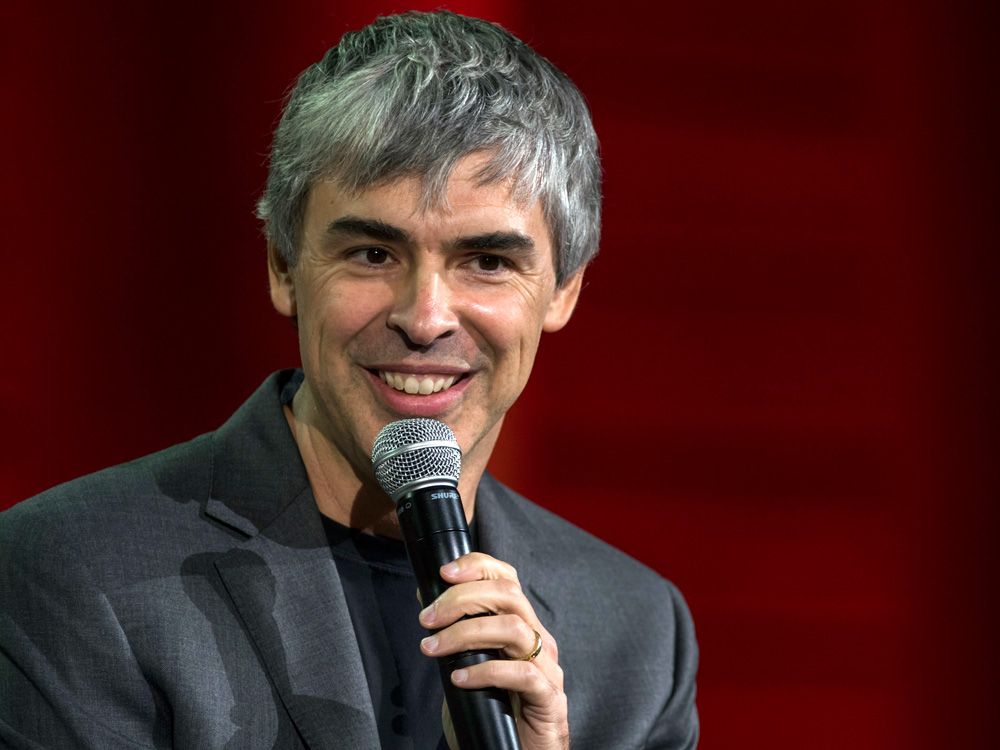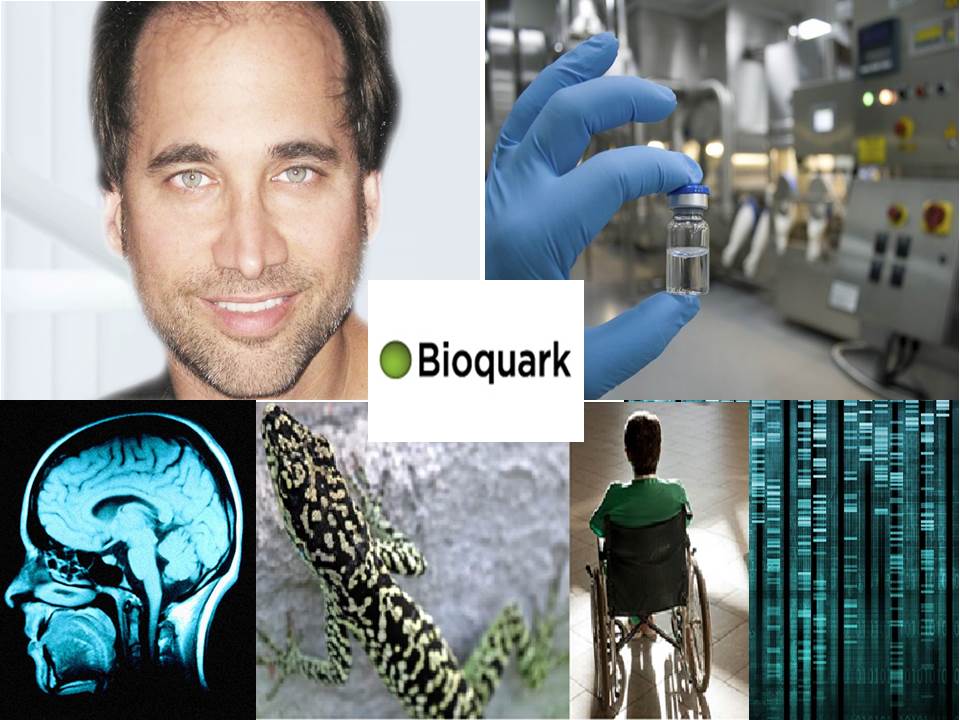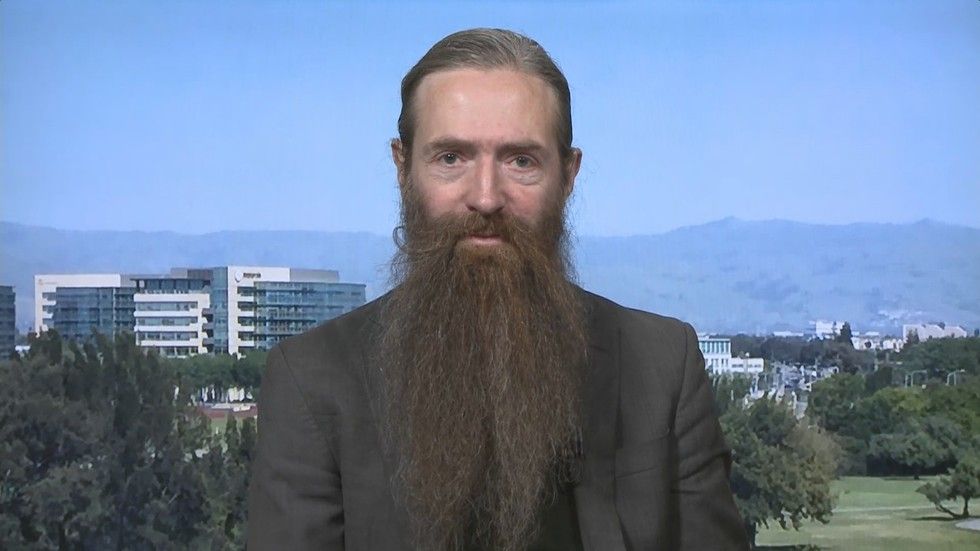Jan 2, 2019
Dr. Mikhail Shchepinov, CSO at Retrotope, Inc. USA will speak at the 2019 Undoing Aging Conference
Posted by Michael Greve in categories: biotech/medical, chemistry, life extension
“Mikhail first approached me nearly 15 years ago with the totally crazy idea that replacing hydrogen with deuterium in bioactive molecules so as to slow down undesirable chemical reactions. Well, if ever there were a proof that some of the craziest ideas are actually right, it is this one. In the years since, Misha and his company Retrotope have taken this concept from chemistry to yeast to mice and all the way to highly promising clinical results for several hitherto untreatable orphan diseases. I’m looking forward to hearing the latest!” says Aubrey de Grey.
https://www.undoing-aging.org/news/dr-mikhail-s-shchepinov-t…aging-2019
#undoingaging #sens #foreverhealthy
